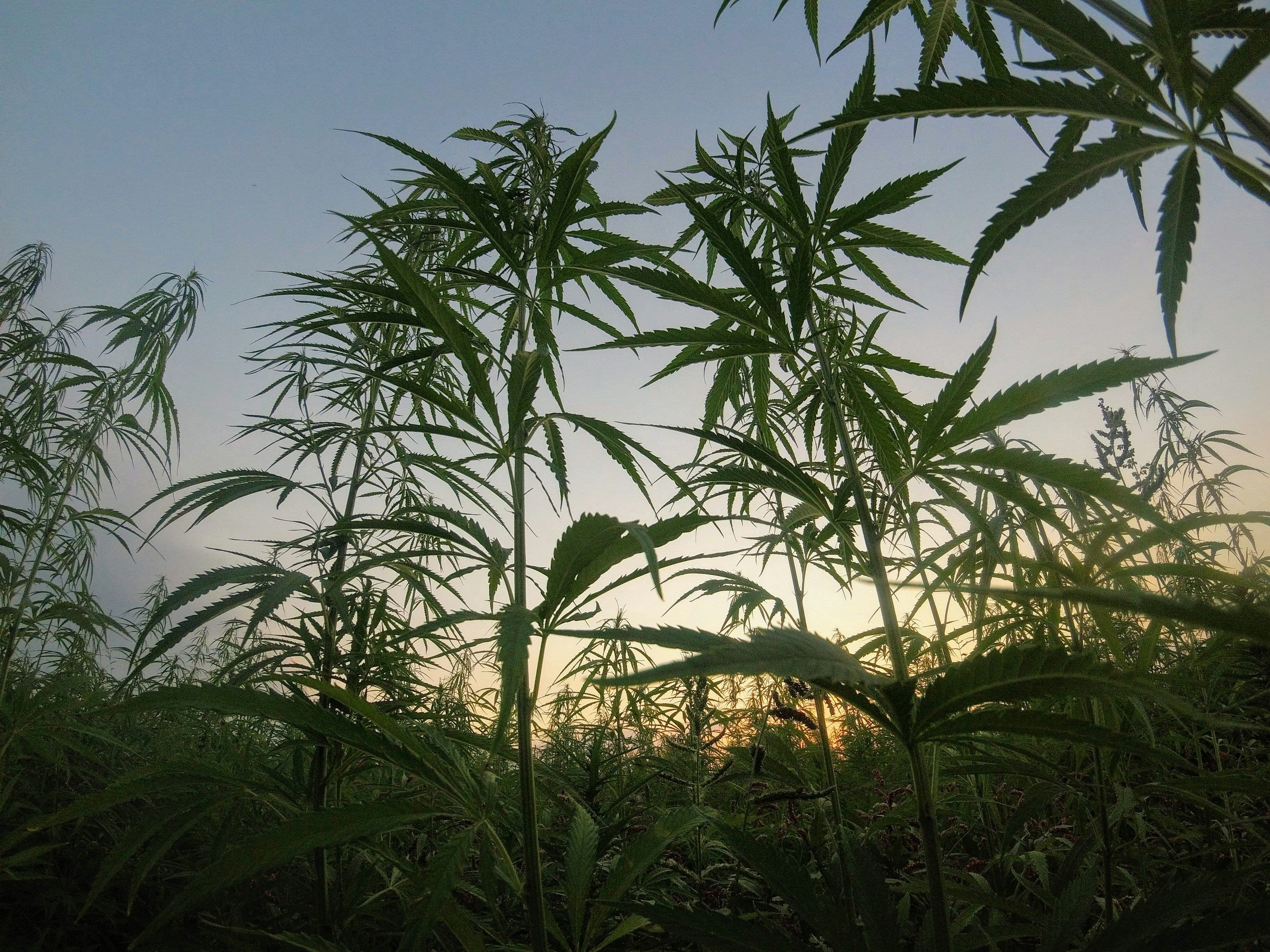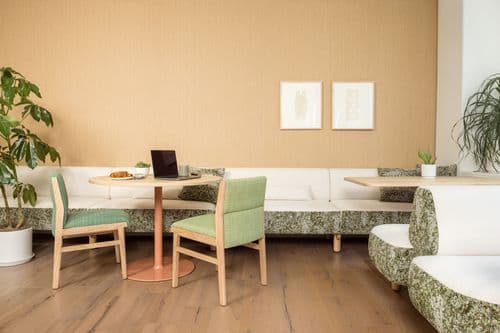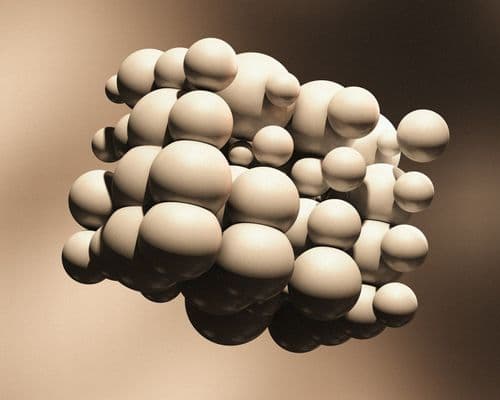How do Egedeniz Textile's regenerative farming practices for hemp cultivation contribute to the local ecosystem's biodiversity and soil health in Izmir?
Currently, Egedeniz Textile is engaged in two regenerative agriculture projects in the Aegean region of western Turkey. Collaborating with the Ministry of Agriculture and Forestry - the International Agricultural Research and Training Center (UTAEM), and the Organic Agriculture Organization (ETO), we cultivate GMO-free cotton seeds using regenerative agriculture techniques. Through close observation by academics and rigorous reporting, we track soil chemical and physical tests, revealing the diverse regenerative practices' effects on soil health and fertility.
Additionally, another regenerative project in collaboration with an NGO focuses on growing Turkish hemp and organic cotton using similar practices. Our findings indicate that hemp's deep roots enrich the soil with organic elements. Furthermore, cultivating hemp alongside cotton demonstrates natural pest resistance, enhancing the land's overall resilience.
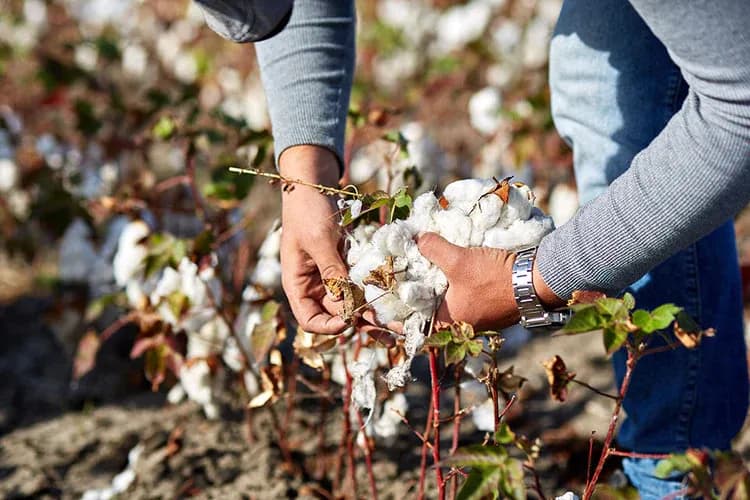
In terms of carbon footprint reduction, what specific practices and technologies has Egedeniz Textile implemented in the cultivation of Turkish hemp fibers?
At Egedeniz Group, our commitment to organic farming and sustainability drives us to tackle critical issues such as drought, climate change, and water scarcity. Recognising the substantial impact of the textile industry on climate change, we embarked on a journey of regenerative agriculture and development starting in 2021.
We understand that soil health and fertility play a crucial role in carbon sequestration and long-term sustainability. By implementing regenerative practices tailored to each region's soil health history, geographical location, and climate, we aim to facilitate soil regeneration.
To support these efforts, we are collaborating with our project partners to establish a comprehensive database for soil in the Aegean region. Utilising tools such as the CO2 Flux tool, we monitor monthly emissions and sequestration rates, while also tracking soil organic matter levels. This meticulous approach allows us to assess how regenerative practices impact soil health and fertility positively.
In terms of hemp fiber cultivation, we've conducted extensive economic feasibility studies in recent years. Our goal is to offer conscientious partners alternative fabrics and end products that not only reduce the overall carbon footprint but are also economically viable. As a result, we've developed various blends of Turkish hemp and organic cotton fabrics. Additionally, we've successfully engineered hemp yarns ranging from NE 11/1 to 36/1, catering to a wide range of textile needs.
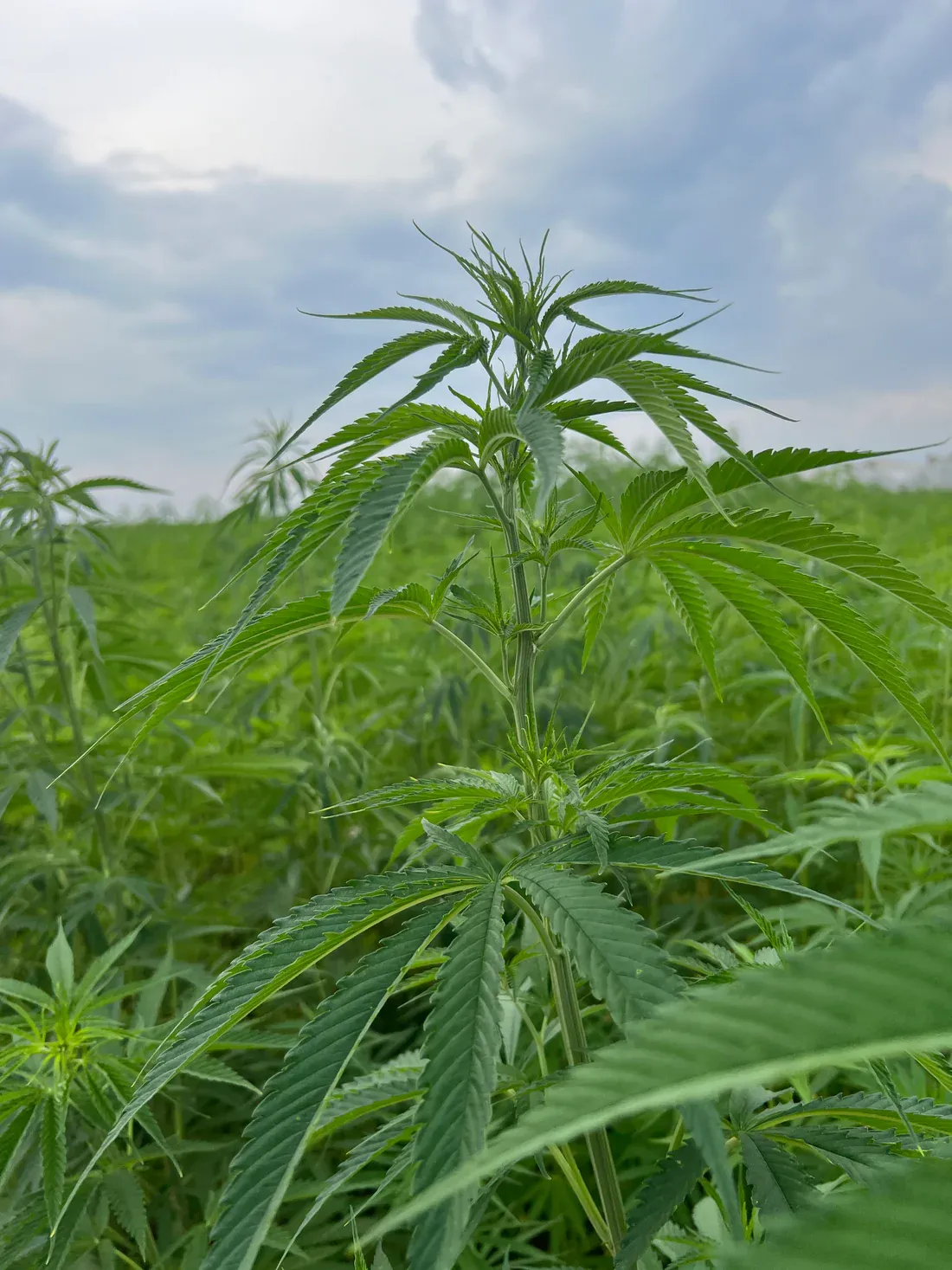
How does Egedeniz Textile ensure the durability and performance of its sustainable fabrics, particularly the hemp and organic cotton varieties, while maintaining their eco-friendly properties?
Our cultivation of Turkish hemp is solely for textile purposes, a practice uncommon in many countries where hemp cultivation waste is directed towards the textile industry. In the Aegean region, we believe that harvesting hemp before it reaches the flowering stage yields higher-quality fibers.
By developing blends of organic cotton and Turkish hemp, we strive to maintain excellent performance while reducing CO2 emissions. Our best-selling quality fabric comprises 45% organic cotton and 55% Turkish hemp, a combination that offers both durability and eco-friendliness.
Additionally, the Aegean region's unique climate fosters the growth of cotton renowned for its top-quality fibers globally. This cotton's long fibers and natural yellowness enhance dye absorption, resulting in high-end product quality that aligns with our commitment to sustainability.
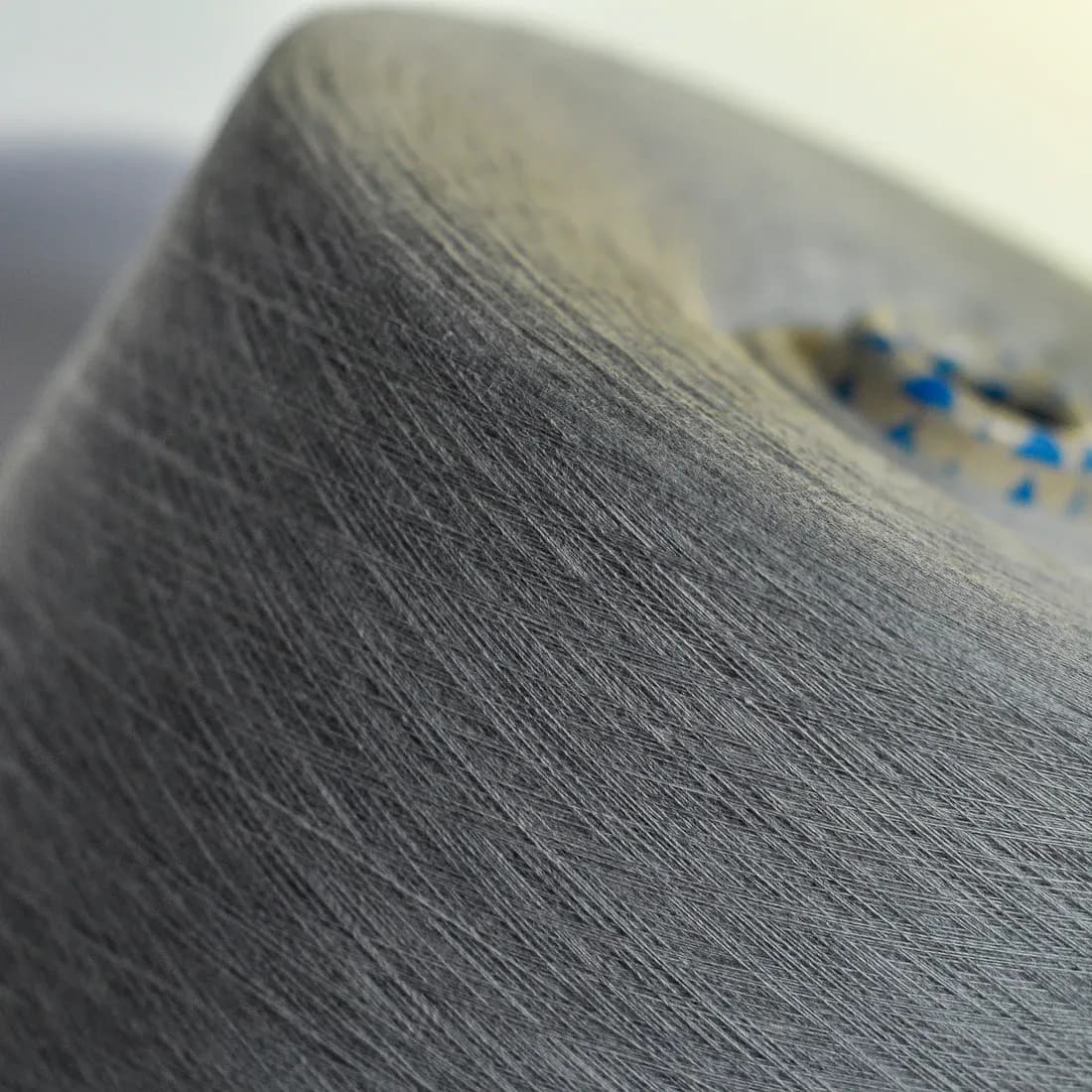
In what ways do Egedeniz Textile's design and production processes cater to the specific needs of brands looking for customisation in sustainable fabrics, from texture variations to colour options?
Our sales expert team specialises in offering sustainable alternatives to brands, ensuring that their performance requirements are met with eco-friendly material options.
Additionally, our online fabric showroom, Manifutura, provides a constantly updated inventory of never-out-of-stock organic certified lines. This allows sustainable fashion brands, startups, and individuals to access and integrate sustainable textiles into their products easily.
Furthermore, we prioritise sustainability in the dyeing process by partnering with the only bluesign-certified dyehouse in Turkey. This collaboration ensures that we adhere to strict environmental standards throughout the dyeing process. We conduct thorough lab dips and confirm color properties, emphasizing sustainability at every stage of production.
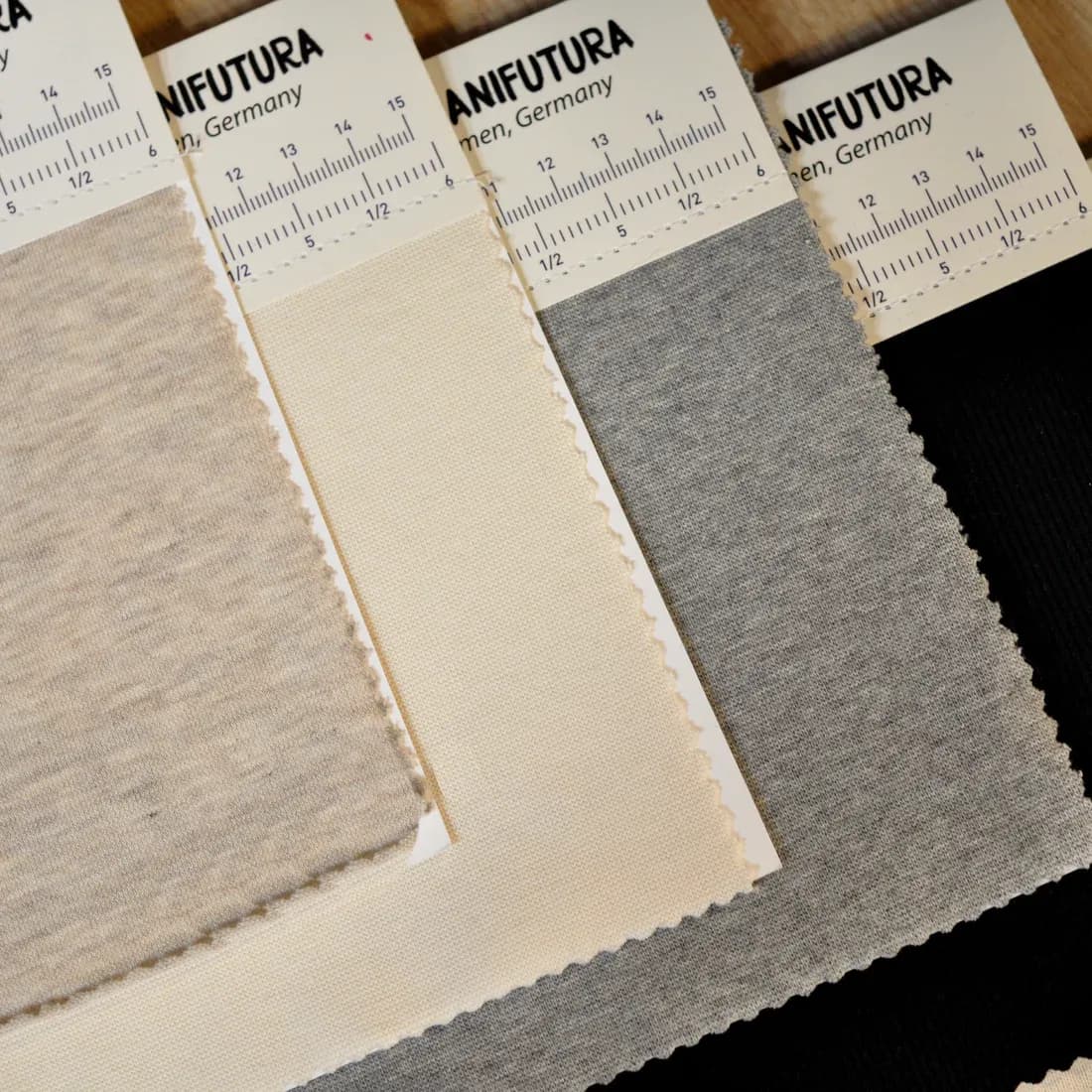
How has Egedeniz Textile navigated the transition from conventional to organic cotton farming methods, particularly during the "In Conversion Cotton" phase, and what have been the key lessons learned?
We take pride in our origins rooted in local farms and farmers. Supporting farmers through in-conversion cotton projects represents a significant step towards adopting organic agriculture strategies, benefiting both environmentally and in terms of social labor health. During the transition phase, the farmers who face yield loss will get compensated by selling their products at some premium.
As a result, they witness improvements in soil health and gradually become accustomed to organic practices. This transition makes it challenging for them to revert to conventional agricultural practices later on.
By actively supporting farmers and amplifying their stories within the sustainable textile world, we play a crucial role in advancing organic cotton agriculture and the sustainable textile industry. Through this approach, we've learned the importance of consistent support and advocacy in facilitating the transition to organic farming methods.
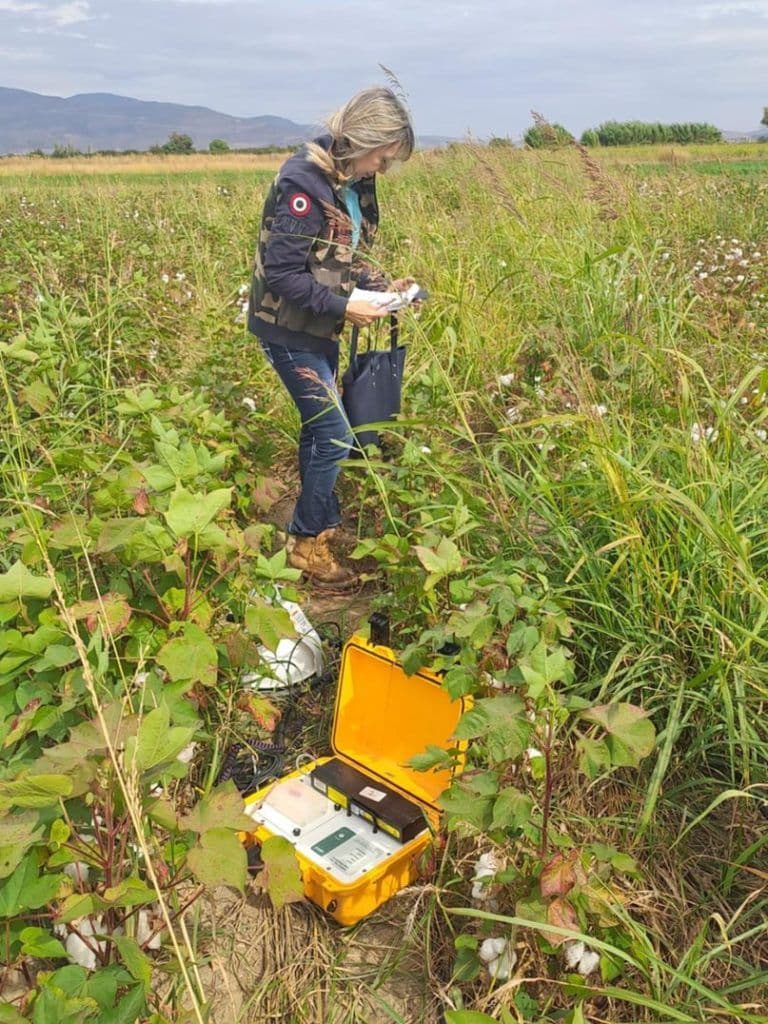
Looking to the future, what emerging trends or technologies in sustainable textile production is Egedeniz Textile most excited about implementing?
One area of focus is the development of online and digital platforms for tracing the fashion industry.
We recognise that the current variety of platforms can be confusing and may not always align with our holistic sustainability goals. To address this, we are developing our own digital platform for traceability and circularity in 2024. Our platform aims to make our production steps visible not only to fashion brands and business partners but also to end customers.
By providing transparent insight into our processes, materials, and supply chain, we empower stakeholders to make informed decisions and support sustainable practices. Maintaining our leadership in the industry involves staying at the forefront of technological advancements and sustainability initiatives, ensuring that we continue to innovate and drive positive change in the textile industry.
